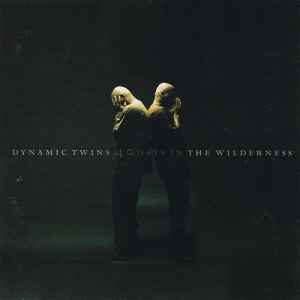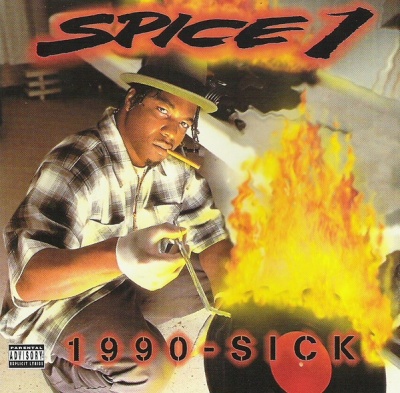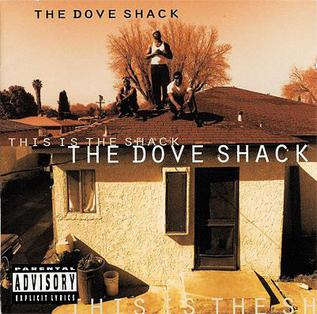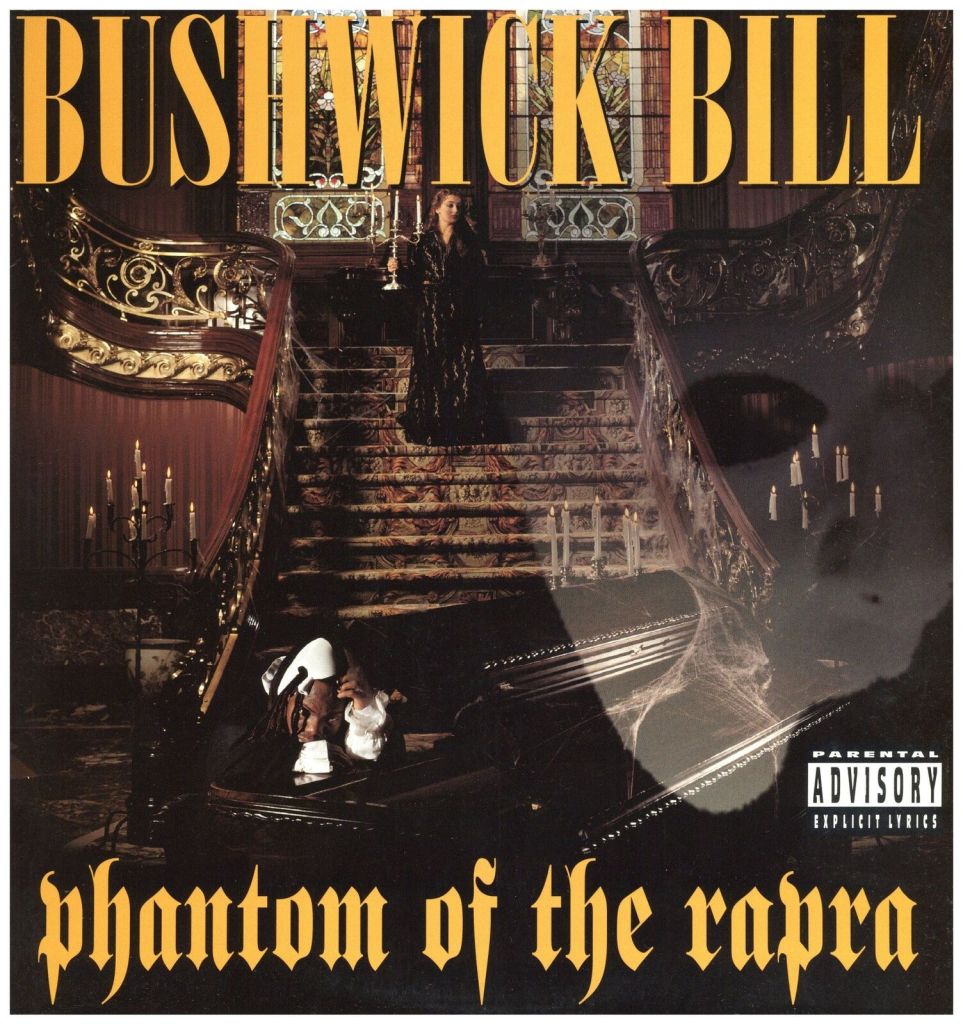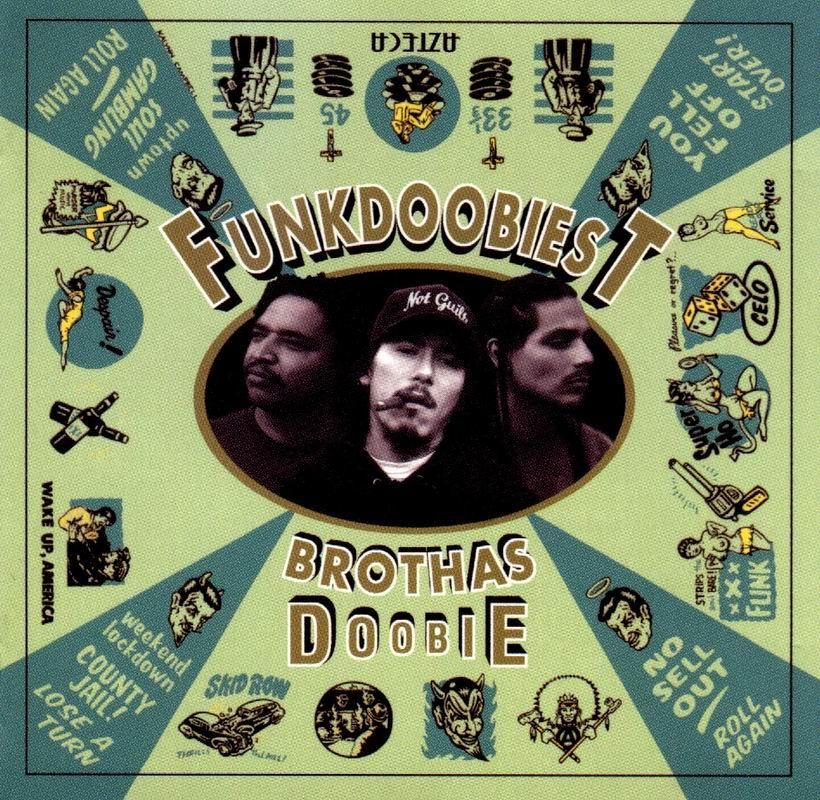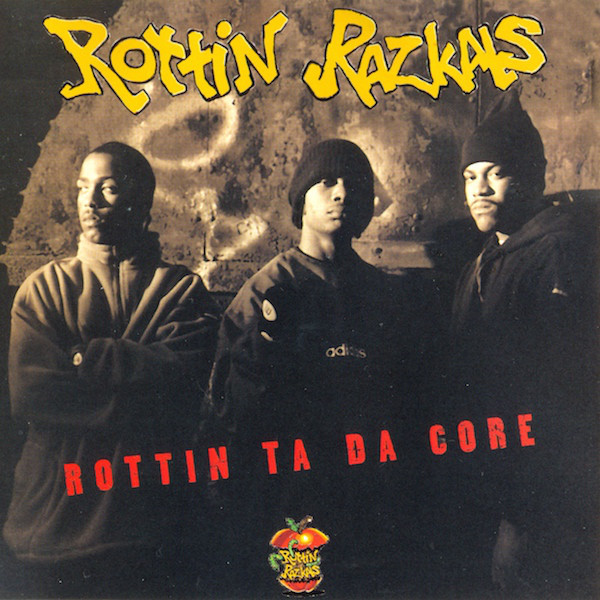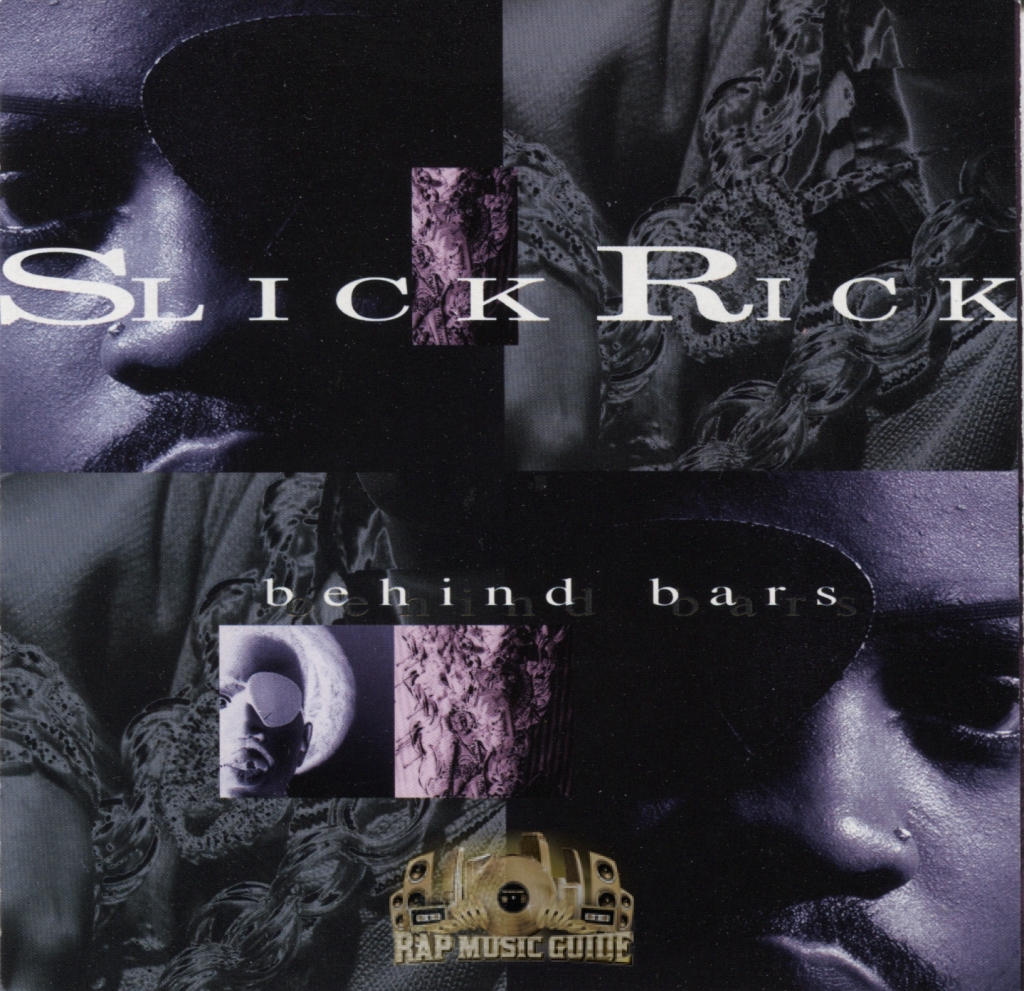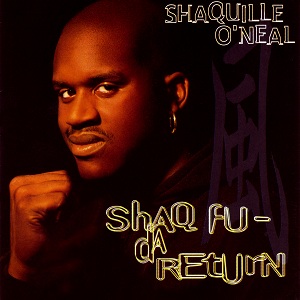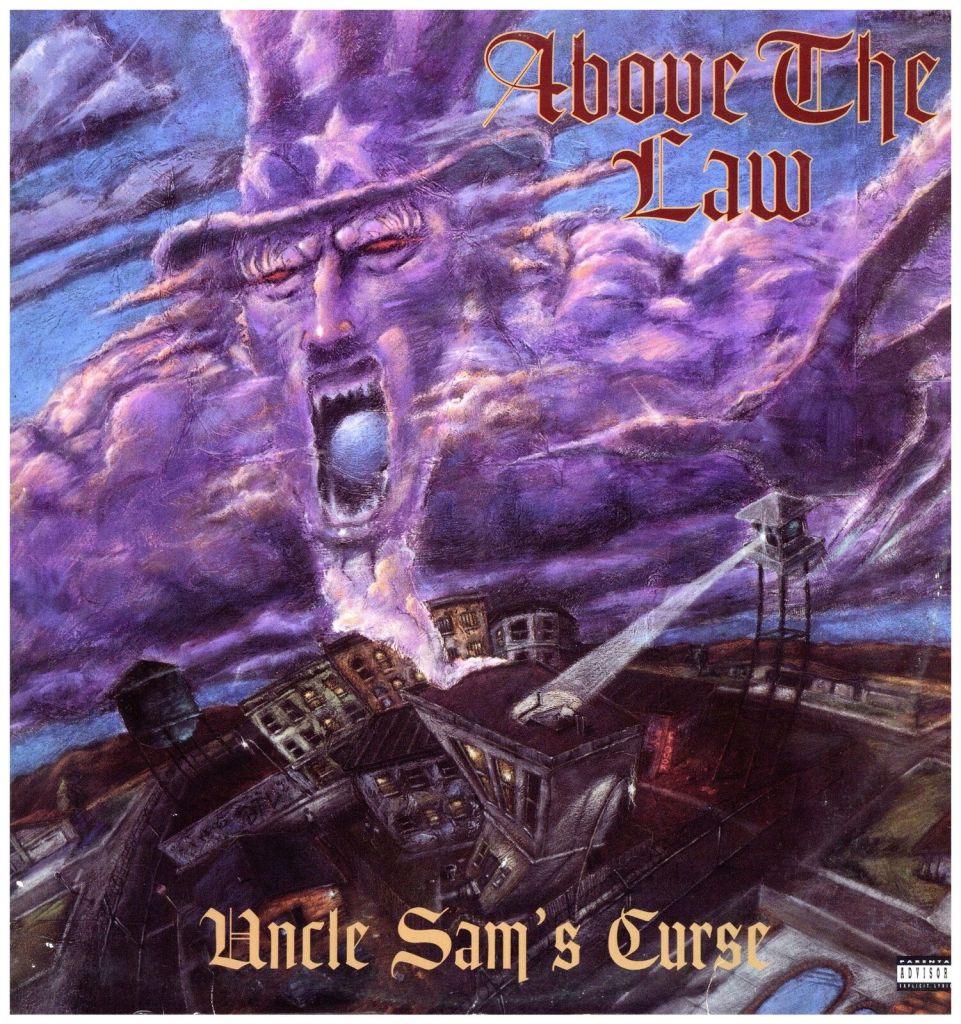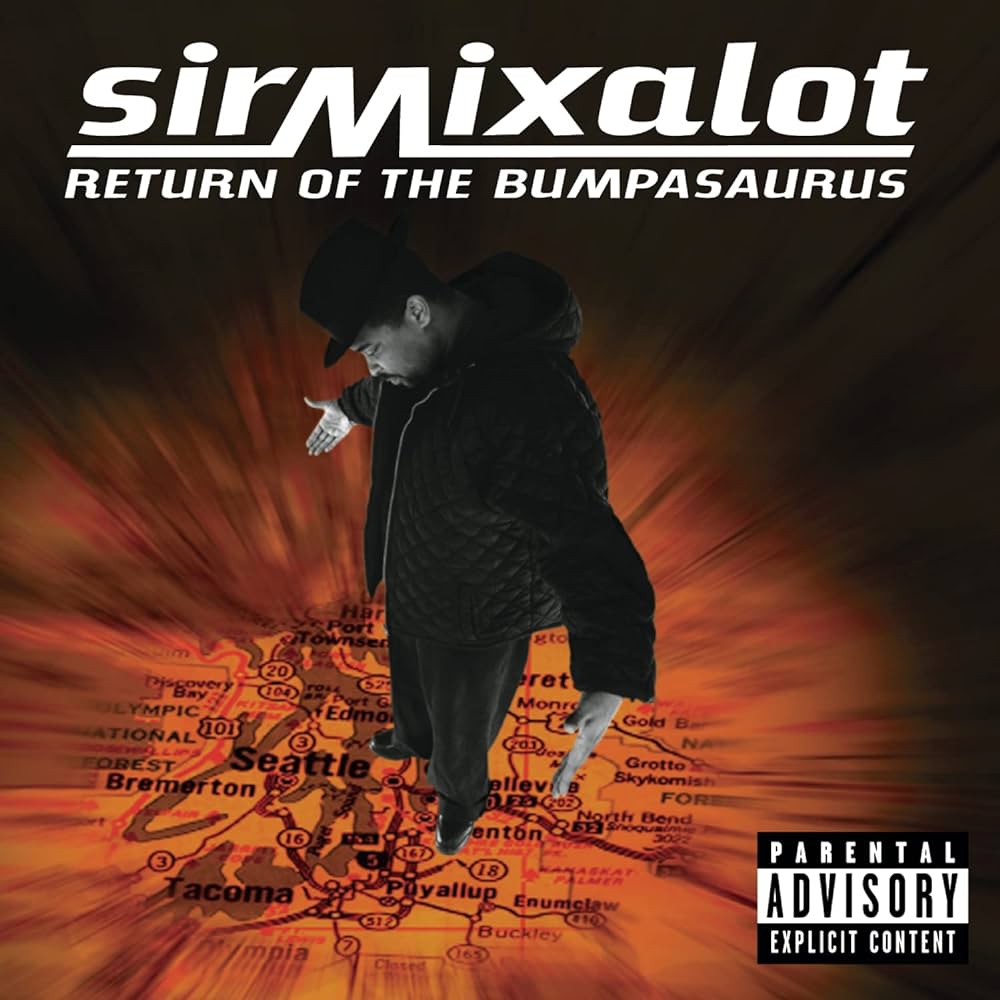
Sir Mix-A-Lot will forever be remembered as the rapper who created one of the biggest pop hits of all time, “Baby Got Back.” The song was such a smash that it would overshadow his previous works, which included two RIAA-certified projects, Swass (platinum) and Seminar (gold). The two albums would house lighthearted hip-hop classics, like “Posse On Broadway,” “Beepers,” and my personal favorite Mix-A-Lot record, “My Hooptie.” But “Baby Got Back” would earn Sir Mix-A-Lot his sole Grammy Award for Best Rap Solo Performance in 1993. The single would go double platinum, and the Mack Daddy album would also earn a platinum plaque. Sir Lot would try to build on the commercial success of Mack Daddy with 1994’s Chief Boot Knocka and its lead single, “Put ‘Em On The Glass,” but the single was cheesier than cheddar and the album as weak as a spinachless Popeye. But that wouldn’t deter Mix-A-Lot or his label, American (formerly Def American), from putting out more music, as he would resurface in 1996 with his fifth release, Return Of The Bumpasaurus.
I wasn’t familiar with the term Bumpasaurus before this review, but according to Urbandictionary.com, it describes a flamboyant, normally under the influence, dancer who may be extremely good-looking or a startling, gifted dancer. Neither scenario seems to describe Sir Mix-A-Lot, but what do I know? As usual, Mix-A-Lot would handle most of the production on Bumpasurus, but he would also get help from a few lesser-known names like Mike Kumagai and Quaze. The album failed to render a hit single and would produce dismal sales numbers, which I’m sure played a part in the label and Mix-A-Lot going their separate ways afterward.
If you read this blog regularly, you already know I wasn’t a fan of any of Mix-A-Lot’s previous four albums. Looking at the track listing, cover artwork, and album title for this one, I doubt things will go any differently.
You Can Have Her – Mix-A-Lot proves he has a sense of humor, as the album begins with a clip of Chris Rock poking fun at him and his cheesy single, “Put ‘Em On The Glass,” during a stand-up performance. The comical intro is followed by a messy funk instrumental that finds our host sounding a little salty. He shares three stories about chicks he dated, but they left him or cheated with other options, and to feel empowered, he’s “given them away,” as if he owned them. I enjoyed the Chris Rock bit, but the song was trash.
Da Bomb – Mix-A-Lot lets his friend Amy Dorsey take center stage to get off a bit about the once popular slang term, “Da bomb.” She sounds like Fran Drescher’s character from The Nanny, Fran Fine, which made me reminisce about one of my childhood lusts (boy, did Fran ever live up to her last name. For six seasons, she flaunted that body around Maxwell Sheffield’s home, making what was a mediocre show, much watch television). The skit’s good for a mild chuckle but not much replay value.
Buckin’ My Horse – The song title is Mix-A-Lot’s unique slang for flossin’ fancy and/or souped-up cars. His 1992 Goolie (aka Pontiac 6000), Impala, and Porsche each get a dedicated verse from the proud owner of these fly rides. Speaking of rides, I was more than impressed with how Mix-A-Lot rides the slightly zany but decent instrumental. He flows with a swiftness and clarity that even Twista would appreciate.
Mob Style – Mix-A-Lot invites A.R.T., E-Dawg, and the Jackers to join him in on this ode to West Coast party culture/fuck shit. Mix, A.R.T., and E-Dawg each get a verse to talk about drinking, fuckin’, smokin’, and flossin’ (E-Dawg gives Peabo Bryson what might be the most random shoutout ever in a hip-hop song), while the Jackers co-sign with struggle crooning on the hook. I never considered Washington a part of the West Coast, more like Northwest, but technically, I guess it is. This record is a poor representation of West Coast hip-hop. The music, the theme, the hook, and the bootleg Roger Troutman adlibs make this sound like a cheap reboot of Pac’s “California Love.”
Top Ten List – Mix-A-Lot lives out his dream of being a late-night talk show host with this skit. He borrows David Lettermen’s “Top Ten List” routine for his opening monologue, and none of his list is even remotely funny. Thankfully, he spares the listener from enduring the whole humorless list.
Man U Luv Ta Hate – Sir Lot resurrects elements of his classic joint “Posse On Broadway” (part of the instrumental, some of the rhymes, and he adapts his original nasally melodic flow) as he embraces the hate from his naysayers and proclaims himself as the “J.R. Ewing of Seattle.” It just dawned on me that the infamous Dallas oil mogul was played by the same actor (Larry Hagman, RIP) who played Major Nelson on I Dream Of Jeannie. Oh yeah, the song. Super mid.
Bark Like You Want It – Mix-A-Lot ventures into Miami Bass territory with the instrumental on this one. It also feels like he was trying to recapture the commercial magic he found with “Baby Got Back.” I hated the Tinker Bell backdrop, and the hook and bridge (which has the men barking like dogs and the women purring like kittens) is embarrassingly bad.
Bumpasaurus Cometh – A completely unnecessary, overly dramatic spoken word interlude that sets up the next song.
Bumpasaurus – Mix-A-Lot uses this one to talk a little shit, boast of his accomplishments, and take pride in his longevity in the game: “I’ve seen the mountain top in this rap game/The Grammys, the AMAs, but aint a thang change/’cause when you hit the top it aint nowhere else to go, but down/but I’ve been around/so I held my ground and stayed on track/I got my B-L-V-D style back, I can’t lax/some get the big head when they hit the top/they never change their style, so they fuck around and drop.” He also gets a little carried away at the end of the song, proclaiming himself as King of the Pacific Time Zone. Although most of Mix-A-Lot’s catalog is not my cup of tea, it was kind of cool to hear him pat himself on the back. Quaze’s P-funk heavy backdrop was also decent.
Denial – Amy Dorsey returns for yet another skit. This time, she plays a bougie sista, having a phone conversation with Mix, which quickly turns into an argument about her blackness. I literally lol every time I hear Mix-A-Lot aggressively tell her to “shut up” during their exchange. This all sets up the next track.
Aunt Thomasina – Aunt Thomasina is the female equivalent of an Uncle Tom, which Mix-A-Lot addresses on this record. Mix spends the song’s three verses giving lame examples of what qualifies a woman as an Aunt Thomasina: She likes Barry Manilow, Tom Jones, and Barbara Streisand’s music. She gets plastic surgery and wears a blond weave and blue contact lenses. She left the church choir to sing R&B. She buys nice cars. She secured the bag and moved out of the hood (I’m so glad hip-hop has moved past the silly notion that moving out of the hood when you make enough money to do so is selling out). The only legitimate argument he gives for her being a sellout is the skin bleaching (shoutout to Sammy Sosa). Amy Dorsey proves that she not only can act, but can also sing as she powerhouses the hook, shaming the same Auntie Mix-A-Lot raps about in his verses. I didn’t care much for this one. Mix-A-Lot’s gripes are superficial, and the instrumental is super garbage.
Jump On It – Mix-A-Lot remakes The Sugarhill Gang’s “Apache.” But he’s not concerned with fictitious cowboys and Native Americans; he’s focused on hoes in different area codes. This was horrible.
Aintsta – A few years before 50 Cent coined the term “Wanksta” and turned it into a hit record dissin’ wannabe gangsta, Mix-A-Lot would create this record with the same intent. 50 Cent’s record was a general diss to the plethora of studio gangstas flooding the industry in the early 2000s, but Mix-A-Lot’s aim is on a specific target. I first thought he was shooting at his longtime sidekick, Kid Sensation, but the clues didn’t add up. If you know who he’s firing at, hit me in the comments. But whoever the shots were aimed at has nothing to worry about, as his bullets are only powerful enough to leave a mild flesh wound at best. The funk-lite jam session was cute but a terrible musical choice to support a diss record.
Sag – Only Sir Mix-A-Lot would dedicate a whole song to explaining why he sags his britches. He puts most of it on style and comfortability (he gotta let his “ding-a-ling hang”), then he gives the real reason during the third verse: “I don’t sag ‘cause I’m cool, I got a gut, so I gotta give it room, fool.” I actually enjoyed the lighthearted content, and the beat was tough.
Message To A Drag Artist – Mix-A-Lot waxes poetic about an anonymous former protege whom he tried to help get into the rap game, but the unnamed individual didn’t take advantage of the opportunity our host provided. This interlude, which sounds heavily influenced by The Roach” on The Chronic, sets up the next song.
Lead Yo Horse – Our host continues to build on the message from the previous interlude. He invites Malika to chime in on the matter, and the Jackers resurface, attempting to take the listener to church during the hook. This was decent.
Playthang – Mix-A-Lot raps from the perspective of a…vibrator? Dildo? A vibrating dildo? The unique POV is mildly intriguing, and maybe if we weren’t seventeen songs into what feels like a never-ending track list, I would have enjoyed it more.
Funk Fo Da Blvd. – I’m really ready for this album to end.
Slide – Mix-A-Lot invites his pal E-Dawg to join him on this album-ending, formulaic, raunchy club joint that has the stench of Hammer’s “Pumps And A Bump” all over it. And finally, we’re done.
Like many pro athletes, a lot of rappers have a hard time knowing when it’s time to throw in the towel and walk away. We can all name rappers who once possessed an unsatisfying hunger and razor-sharp lyrical sword, but over time, their bellies became full from money and fame, and their swords began to dull. For every Lebron James there are a thousand Grant Hill’s. Return Of The Bumpasaurus proves that Sir Mix-A-Lot is no Lebron.
Sir Mix-A-Lot has never been a lyrical monster. On his first few albums, it was his “Fresh Prince with an edge” image and ability to make comedic records with street cred that made him so enduring. The dichotomy of “Baby Got Back” was the record had some of the sensibilities from his earlier playful classics (i.e., “Posse On Broadway,” “Beepers,” and “My Hooptie”), but it also had a slapstick-esque feel as if he was intentionally trying to make a pop record, which is what it would eventually become. The success of “Baby Got Back” seemed to kill Mix-A-Lot’s hunger, and his subsequent music sounded like he was chasing the commercial success that the gigantic single brought him. Bumpasaurus is more or the same. Most of Mix-A-Lot’s themes are lighthearted, but they feel forced and over the top, like a circus performance looking to impress the masses. Adding insult to injury, his Ringling Bros. style themes, hooks, and rhymes are backed by massive amounts of undesirable synth-heavy instrumentals. There are three or four decent records on Bumpasaurus, but four decent records on an eighteen-track-length album isn’t good. Matter of fact it’s horrible, making this album nearly impossible to listen to from beginning to end.
On the album’s title track, Mix-A-Lot claims he’s back to “rescue dance music from the bums.” But in his attempt to do so, the Bumpasaurus ends up sounding more like a Tyrannosaurus who somehow time- warped from his prehistoric era to 1996 and now is forcibly trying to be loved, accepted, and relevant, but to no avail.
-Deedub
Follow me on Instragram@damontimeisillmatic

